
Remembering Gush Katif
The woman from Gush Katif said that the Disengagement taught her humility. Like Rav Shalom Arush always says, lo mavin klum - we don’t understand anything...

Five years ago on August 16th, my family and I had the enormous privilege of moving to Eretz Yisrael. The day after we got off the plane (it was a normal El Al flight, as Nefesh B’Nefesh only started bringing people from Britain the following year) – 8,500 people were kicked out of their homes in Gush Katif.
I never went to Gush Katif; I never visited the communities that had been built there over the course of 35 years; and like most ‘foreigners’, Gush Katif didn’t register on my radar at all when I lived in London.
But within two days of moving to Israel, that all changed. As my husband and I pinged backwards and forwards from one government office to another; or spent one frustrated hour after another dealing with banks, builders, realtors and city councils – Gush Katif was all over the news.
And as I saw the pictures of families being dragged out of their familiar surroundings, dragged on to buses and dumped in hotels across the country, I really started to feel for them.
As a brand new immigrant, I was also feeling the wrench of being out of my familiar, ‘safe’ environment. I was also living in temporary accommodations, and spending hours and days trying to wade through the endless bureaucracy. But with one big difference: I chose to move, and I had my big, brand new five bedroom house waiting for me.

It took us a month to move in to the house, and that month spent living out of suitcases in someone else’s apartment, trying to entertain bored kids that had no school, friends or social network whilst trying to deal with all the red tape was completely and utterly exhausting. By the time we moved, I couldn’t stand one more day of it.
But a lot of Gush Katif families lived like that for eight months.
Yesterday, I went to hear a former Gush Katif resident talk about her experiences. It was a very powerful lesson in emuna. She spoke about how the day after the Disengagement, she got up to pray – and the words simply wouldn’t come out of her mouth. She said that that was when she realised what her real challenge was going to be: not losing her home in the most painful circumstances; not finding a new community and trying to resettle her kids; but maintaining her connection to Hashem.
What happened to all her prayers? What happened to all her certainty that Hashem would come and do a miracle for them – the righteous settlers of Gush Katif – and make the ‘evil plans’ of others rebound on their heads?
She said that it took a while, but the first lesson the Disengagement taught her was humility. That she didn’t and doesn’t understand anything, but that’s ok, because she (and you and I and him and her) are not Hashem. And Hashem has His reasons for everything.
She said she also learnt about Hashem’s Kingship; the world is His to do with as He pleases. Eretz Yisrael is His, to do with as He pleases – even if we really don’t like and appreciate what He appears to be doing.
And the prayers? What about the prayers? Fifteen years’ ago, an Israel soldier called Nachshon Wachsman was kidnapped by Palestinian terrorists. Prayer rallies were held at the Kotel and the other places for him to be freed and returned to his people; but in the army attempt to free him, Nachshon was killed by his captors.
In an interview he gave, Nachshon’s father was asked by a journalist: “Why weren’t all the prayers to bring your son home alive answered?” The father had a simple, and simply awesome answer: Abba is allowed to say ‘no’.
Prayers are answered – they are always answered – but not in the way we perhaps wanted. But after all, what do we know, or understand, about G-d’s ways? We know very little; nothing at all, really. But we believe, we have emuna that all of G-d’s ways are good. That everything He does isn’t just justice, it’s also kindness. Everything. Even the hardest things of all.
Am Yisrael has been experiencing some terribly hard times the last few years. Every where you turn, there’s divorces, diseases, parnassa problems, worries, stress and pain.
Personally and nationally, we’ve had one hard blow after another, one challenge after another.
The destruction of Gush Katif stands out as probably the single most painful ‘national’ event that Am Yisrael in the land of Israel endured since the destruction of the second temple.
But what Hashem showed me yesterday is that there are some immensely beautiful things rising out of the ashes of all those destroyed communities. The people who managed to hold on to Hashem throughout their ordeal have emerged with a tremendous purity of faith.
They have the inner peace of knowing that their emuna doesn’t depend on them having a big home; or a successful job; or living in the ‘right’ community. It doesn’t depend on Hashem answering their prayers they way they would like, or things ‘going their way’.
As the speaker put it yesterday: ‘We are here to serve Hashem. He isn’t here to serve us.”
Sometimes, we can only learn this lesson the hard way. Sometimes, Hashem has to take us away from everything we fight so hard to hold on to down here, in order for us to realise that ‘down here’ is a fleeting moment, a passing thought, and not what it’s really all about.
So what is it really all about? Our neshamas. Our souls. Our World to Come. Our relationship with our Creator.
There were many lessons to be learned from the Disengagement. For me, the most important one is that Hashem may ‘disengage’ us from the things we hold dearest in our lives, but when He does that, it’s for one reason, and one reason only: He wants us to re-engage with Him. He wants us to have a relationship with Him, and to look beyond all the nonsense and vanity of ‘down here’.
There’s so much talk at the moment. There’s so many threats hanging over Jewish Jerusalem, and the Jewish communities in Judea and Shomron. I can’t help but hope that this time round, Hashem will send us miracles and prevent the evil decrees from coming to pass.
But if they do, G-d forbid, if more Jews lose their homes, let us all as a nation at least not lose our faith in Hashem. Let us remember that no prayer is ever, ever wasted; that we simply don’t understand anything, but that we believe that Hashem is always and only good; and that sometimes, Abba is allowed to say ‘no’.


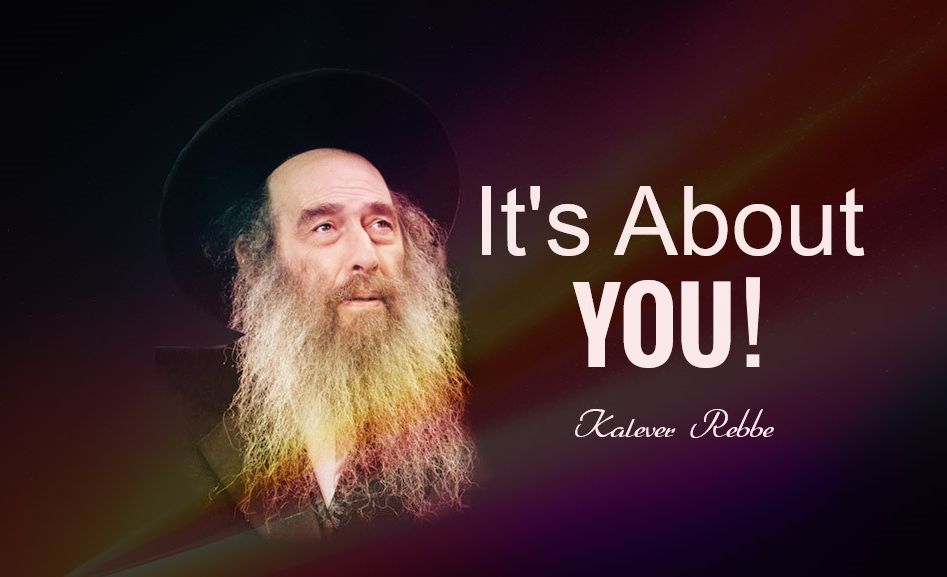
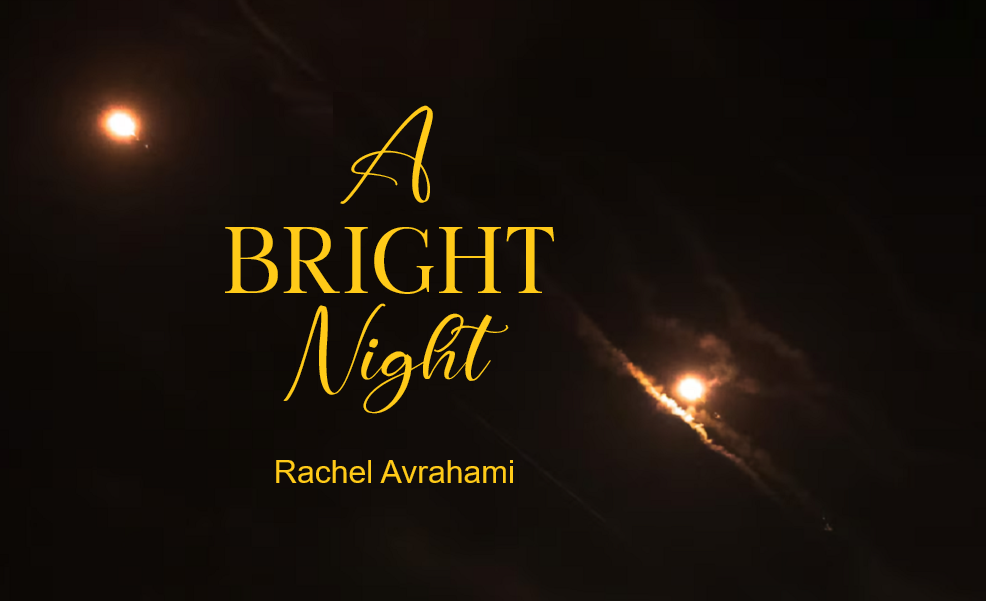
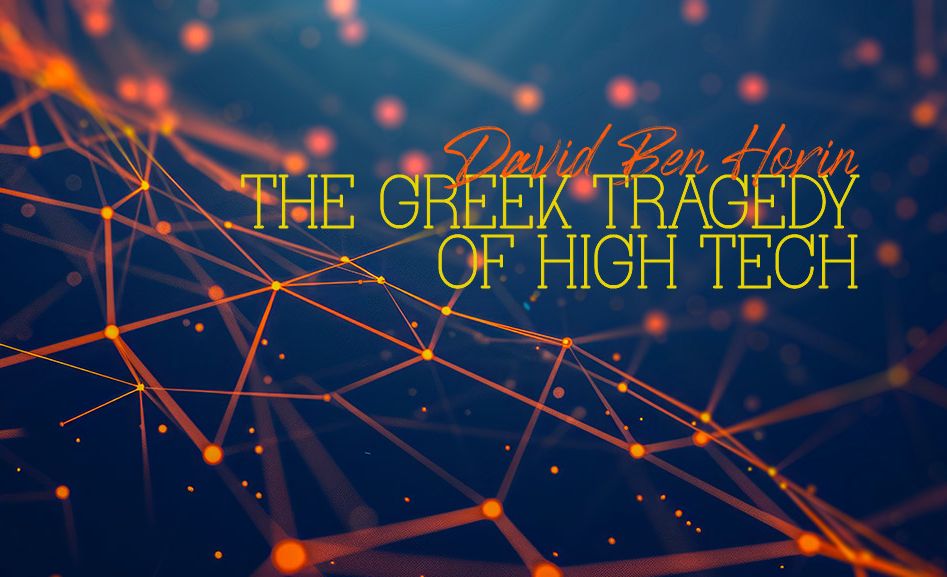
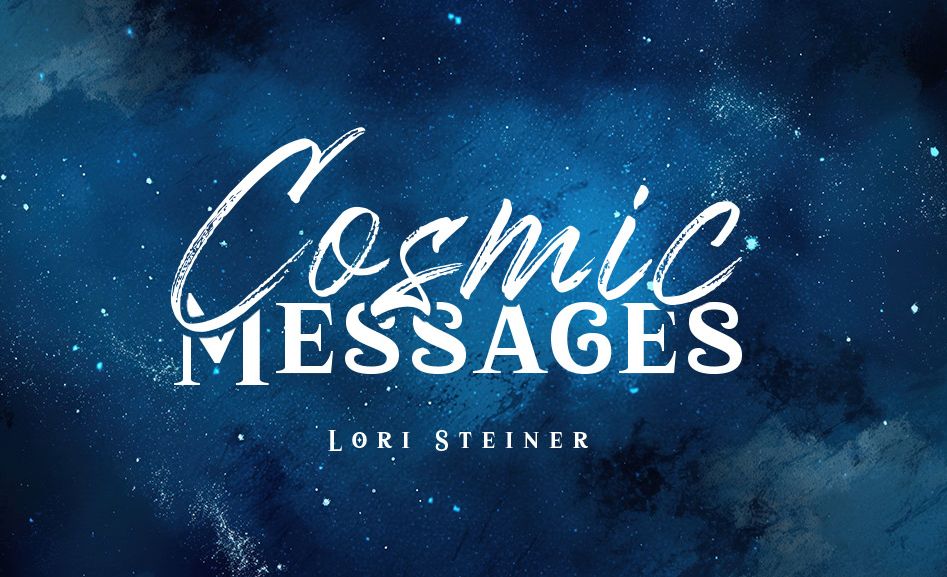
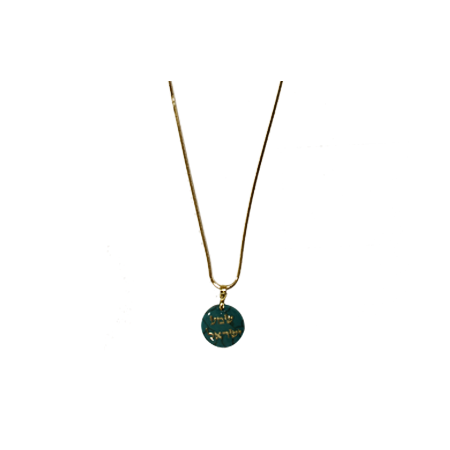
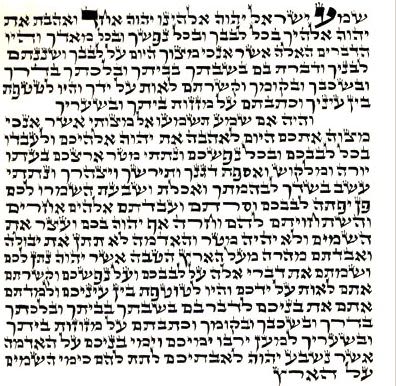
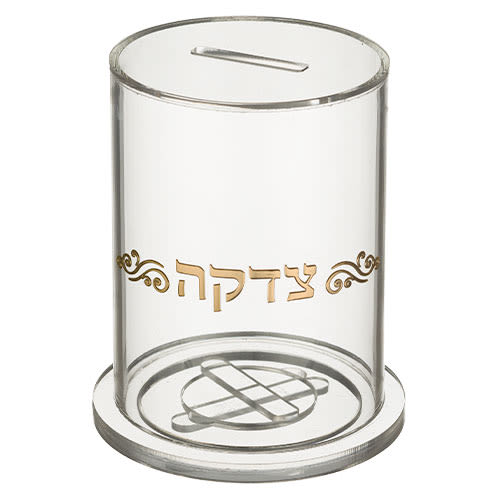

8/02/2019
Let it never happen again. That the State of Israel will cripple the Jewish Nation or the Land of Israel. We have to mourn the destruction of Gush Katif just like the mourning the destruction of Beis HaMikdash https://www.livingtorah.online/if-i-forget-gush-katif-may-god-forbid/